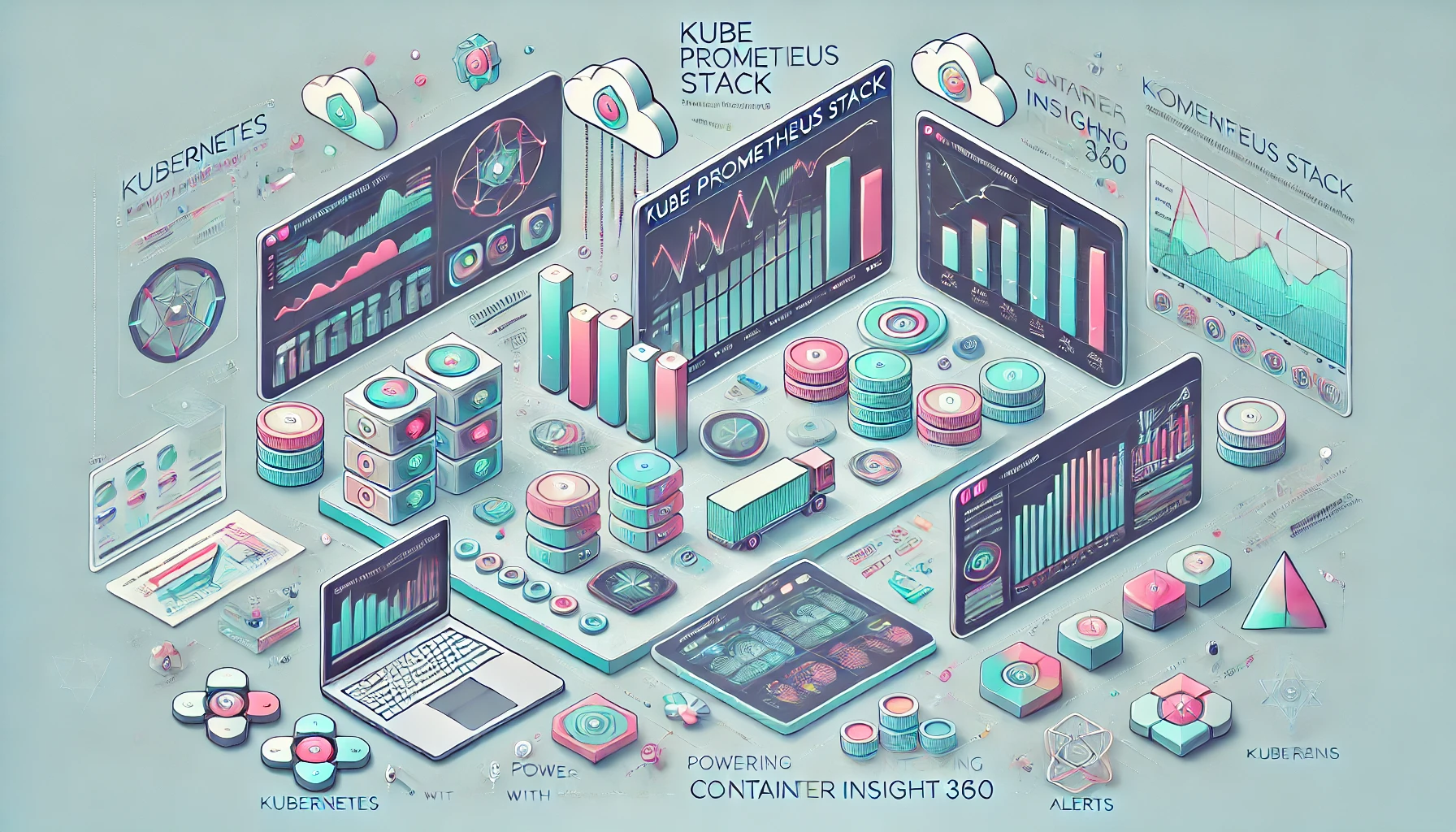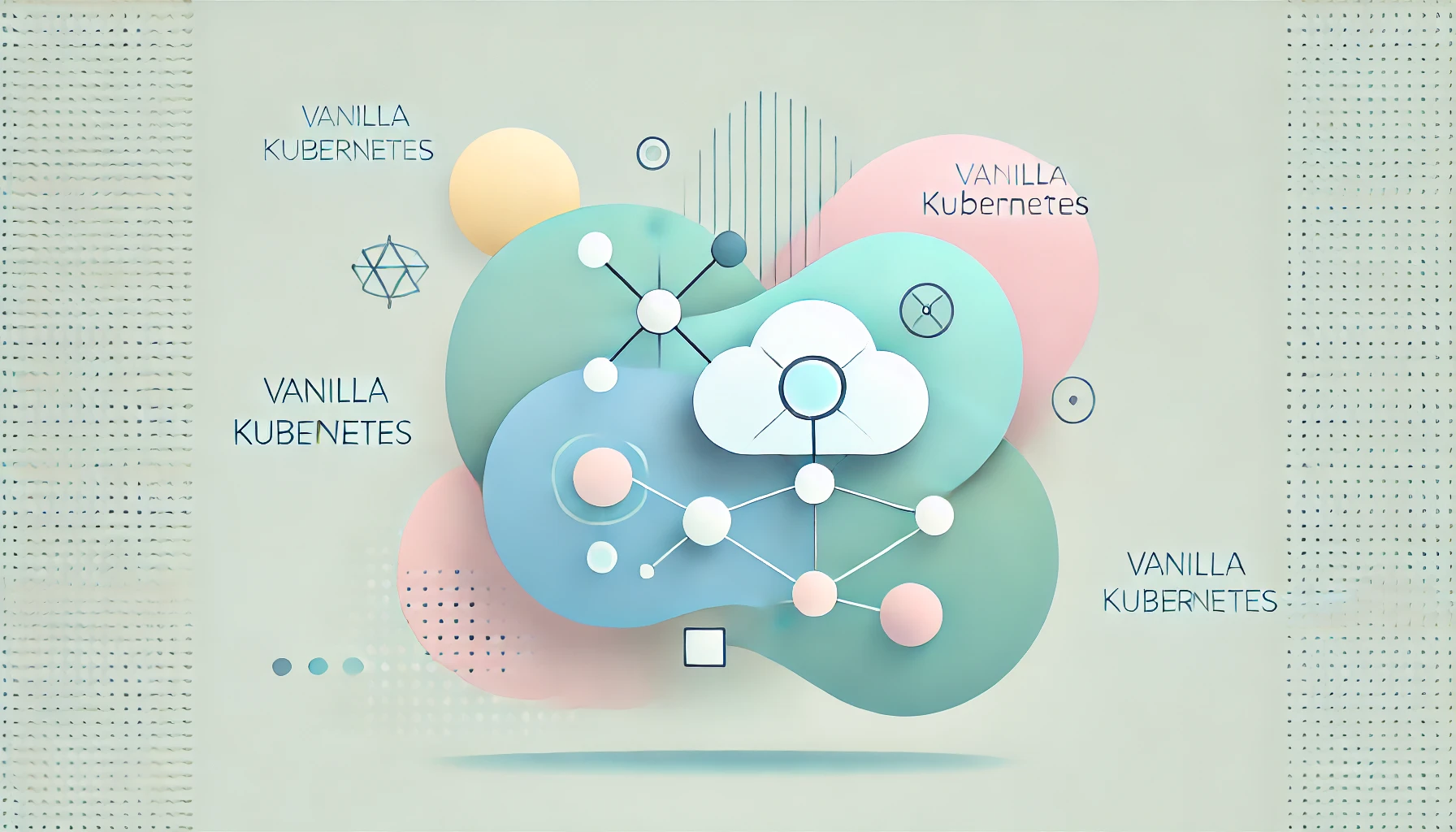In the fast-paced world of software development, enhancing software development workflows is essential for maintaining productivity and delivering high-quality products. By refining development processes, teams can minimize bottlenecks, improve collaboration, and ensure timely delivery of software. This article explores strategies and tools to enhance software development workflows, enabling teams to work more efficiently and effectively.
Understanding Software Development Workflows
What Are Software Development Workflows?
Software development workflows encompass the processes and practices involved in planning, designing, building, testing, and deploying software. These workflows guide teams through each stage of development, ensuring that tasks are completed in an organized and efficient manner.
The Importance of Streamlined Workflows
Streamlined workflows are crucial for enhancing software development workflows and maintaining productivity and quality in software development. They help teams avoid common pitfalls such as miscommunication, redundant work, and missed deadlines. By optimizing workflows, teams can improve their overall performance and deliver better software products.
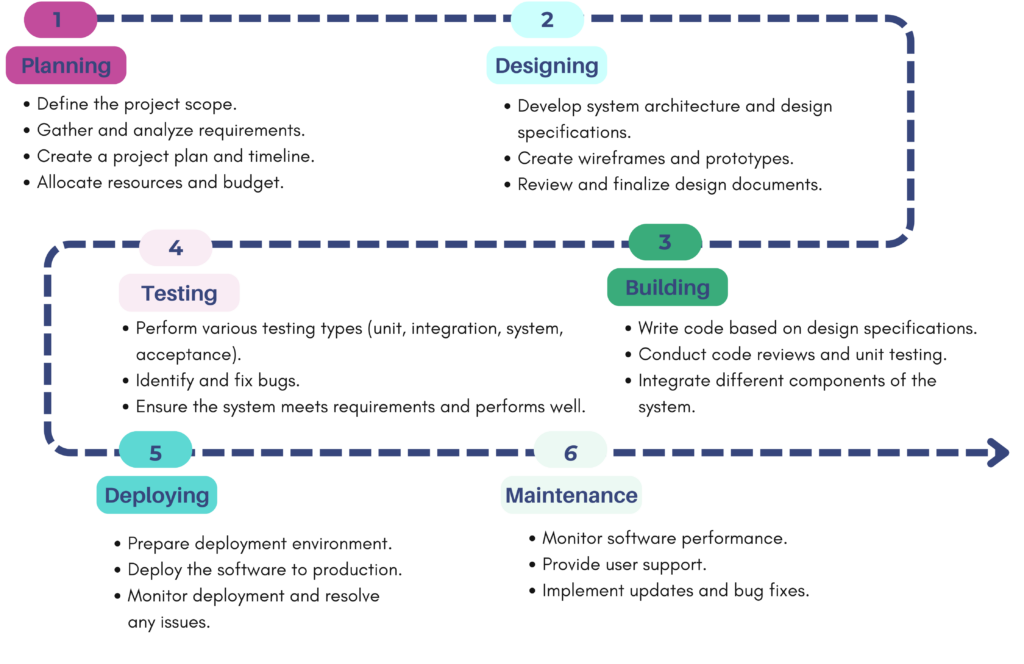
Key Strategies for Enhancing Software Development Workflows
Adopting Agile Methodologies for Better Workflows
Agile Development for Enhanced Software Workflows
Agile methodologies, such as Scrum and Kanban, emphasize iterative development, continuous feedback, and flexibility. By adopting agile practices, teams can respond more quickly to changes and deliver incremental improvements to their software, thus enhancing software development workflows.
Scrum and Kanban for Workflow Efficiency
Scrum focuses on structured sprints and regular reviews, while Kanban emphasizes visualizing work and limiting work in progress. Both methodologies can help teams improve their workflows by promoting transparency, collaboration, and efficiency.
Implementing CI/CD to Improve Development Workflows
Benefits of CI/CD in Enhancing Development Workflows
Continuous Integration (CI) and Continuous Delivery (CD) are practices that automate the integration, testing, and deployment of code changes. CI/CD helps teams catch errors early, reduce manual work, and accelerate the delivery of new features, enhancing software development workflows.
Best Practices for CI/CD Implementation
Implementing CI/CD requires setting up automated pipelines that include code integration, testing, and deployment stages. Tools like Jenkins, GitLab CI/CD, and CircleCI can help teams automate these processes, ensuring that code changes are reliably integrated and deployed.
Leveraging DevOps for Improved Software Development Workflows
DevOps Culture for Efficient Workflows
DevOps combines development and operations practices to improve collaboration and streamline workflows. By fostering a DevOps culture, teams can break down silos, automate repetitive tasks, and enhance overall efficiency in software development workflows.
Key DevOps Practices for Workflow Enhancement
Key DevOps practices include continuous integration, continuous delivery, infrastructure as code (IaC), and automated monitoring. These practices help teams deliver software faster, more reliably, and with fewer errors. For more in-depth information, refer to Understanding DevOps and Its Practices Efficiently.
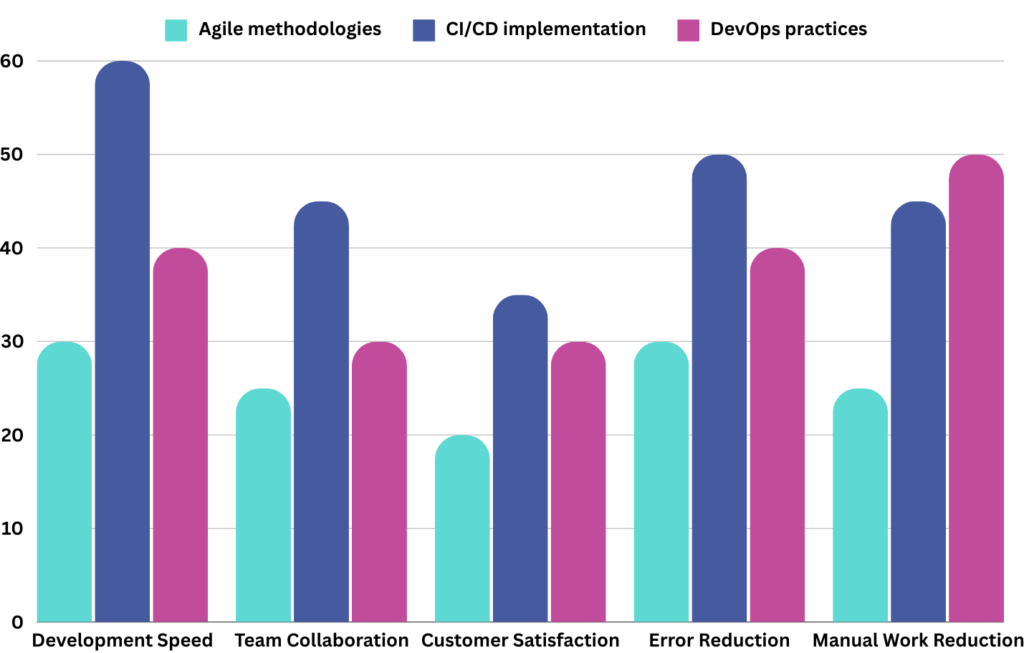
Essential Tools for Enhancing Software Development Workflows
Project Management Tools for Enhanced Software Workflows
JIRA for Managing Development Workflows
JIRA by Atlassian is a powerful project management tool that helps teams plan, track, and manage their software development projects. With features like agile boards, issue tracking, and reporting, JIRA enhances collaboration and visibility, improving software development workflows.
Redmine for Advanced Project Management Workflows
Redmine is an open-source project management tool that supports multiple projects and provides integrated project management features, including Gantt charts, calendars, and time tracking. It’s a robust alternative to Trello for teams seeking more advanced functionality to enhance their workflows.
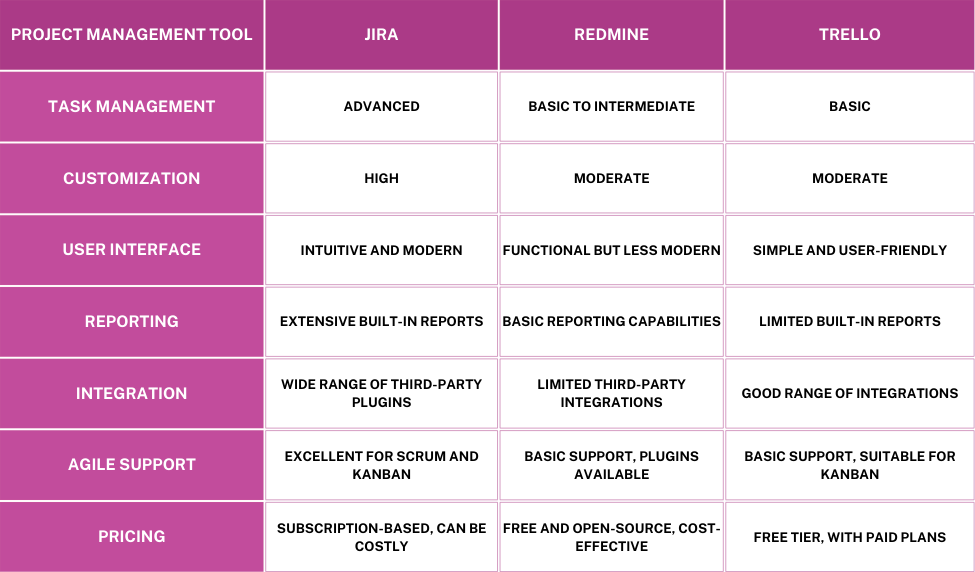
Version Control Systems for Better Workflow Management
Git for Effective Version Control in Software Development Workflows
Git is a widely used version control system that allows teams to track changes, collaborate on code, and manage multiple versions of their software. Platforms like GitHub, GitLab, and Bitbucket offer additional features such as code review, issue tracking, and CI/CD integration, contributing to better software development workflows.
Subversion (SVN) for Reliable Version Control in Development Workflows
Subversion (SVN) is another version control system that helps teams manage code changes and collaborate effectively. Although less popular than Git, SVN is still used in many organizations for its simplicity and reliability in improving software development workflows.
Collaboration Tools for Enhanced Development Workflows
Slack for Improved Software Communication Workflows
Slack is a communication and collaboration tool that helps teams stay connected and share information in real-time. With features like channels, direct messaging, and integrations with other tools, Slack enhances team communication and collaboration, improving software development workflows.
Mattermost for Secure Collaboration in Software Development Workflows
Mattermost is an open-source messaging platform that offers secure, self-hosted messaging and collaboration for teams. It’s designed to be highly extensible and integrates well with various DevOps tools, making it a powerful alternative to Slack for enhancing workflows.
Automated Testing Tools for Reliable Software Development Workflows
Selenium for Automating Testing Workflows
Selenium is an open-source tool for automating web browser testing. It supports multiple programming languages and browsers, making it a versatile choice for teams looking to automate their testing processes and enhance workflows.
JUnit for Reliable Java Testing Workflows
JUnit is a popular testing framework for Java applications. It provides annotations and assertions for writing and running tests, helping teams ensure their code is reliable and bug-free, thus enhancing workflows.
For a comprehensive list of automated testing tools, refer to the Top 10 Automated Testing Tools for 2024.
Monitoring and Analytics Tools for Efficient Development Workflows
Prometheus for Monitoring Development Workflows
Prometheus is an open-source monitoring tool that helps teams collect and analyze metrics from their applications and infrastructure. With features like alerting and visualization, Prometheus enables proactive monitoring and troubleshooting, improving software development workflows.
Grafana for Visualizing Software Development Workflows
Grafana is a powerful analytics and visualization tool that integrates with various data sources, including Prometheus. It allows teams to create interactive dashboards and monitor their systems in real-time, enhancing software development workflows.
Advanced Tools for Improving Software Development Workflows
Docker for Consistent Software Development Environments
Docker is an open-source platform that automates the deployment of applications inside lightweight containers. It allows developers to package applications with all their dependencies, ensuring consistent environments across development, testing, and production, thus enhancing workflows.
Kubernetes for Orchestrating Development Workflows
Kubernetes is an open-source container orchestration platform that automates the deployment, scaling, and management of containerized applications. It works seamlessly with Docker and helps manage complex microservices architectures, improving workflows.
Terraform for Managing Infrastructure in Software Development Workflows
Terraform is an open-source tool for building, changing, and versioning infrastructure safely and efficiently. It allows teams to define infrastructure as code, making it easier to manage and provision resources across various cloud providers, thus enhancing workflows.
Jenkins X for CI/CD Pipelines in Software Development Workflows
Jenkins X is an open-source CI/CD solution for cloud-native applications on Kubernetes. It simplifies the setup and management of CI/CD pipelines, leveraging Kubernetes for scalability and flexibility, improving workflows.
Ansible for Automating Software Development Workflows
Ansible is an open-source automation tool that simplifies IT tasks such as configuration management, application deployment, and orchestration. It uses simple, human-readable YAML files to define automation jobs, making it accessible to developers and IT professionals alike, thus improving workflows.
Case Studies: Real-World Workflow Enhancements
Agile Transformation at a Financial Services Company
A financial services company struggling with long development cycles and frequent production issues adopted agile methodologies to enhance its workflows. By implementing Scrum and Kanban practices, they were able to reduce development time, improve collaboration, and deliver higher-quality software.
Implementing CI/CD in a Tech Startup
A tech startup looking to accelerate its product development implemented CI/CD practices using Jenkins and GitLab CI/CD. This allowed them to automate their integration and deployment processes, resulting in faster release cycles and more reliable software.
Enhancing Collaboration with DevOps at a Healthcare Organization
A healthcare organization facing challenges with siloed teams and slow deployments adopted DevOps practices to enhance collaboration and streamline their workflows. By leveraging tools like Docker, Kubernetes, and Prometheus, they improved their development and deployment processes, leading to better patient outcomes.
Trends in Enhancing Software Development Workflows
Rise of Low-Code/No-Code Platforms
Low-code and no-code platforms are becoming increasingly popular, allowing developers and non-developers alike to create applications quickly with minimal coding. These platforms can significantly speed up development workflows and reduce the dependency on highly skilled developers.
AI and Machine Learning in Software Development Workflows
AI and machine learning are transforming software development by automating repetitive tasks, optimizing code quality, and providing intelligent insights. Tools like GitHub Copilot and DeepCode use AI to assist developers in writing better code faster, thus improving workflows.
Serverless Architectures for Modern Software Development
Serverless architectures allow developers to build and deploy applications without managing the underlying infrastructure. Services like AWS Lambda, Azure Functions, and Google Cloud Functions can streamline development workflows by handling scaling, patching, and maintenance, thus improving workflows.
Integrating Security in CI/CD Pipelines
Integrating security into CI/CD pipelines, known as DevSecOps, ensures that security is considered at every stage of the development process. Tools like Snyk and SonarQube help identify vulnerabilities early, reducing the risk of security breaches, and thus enhancing workflows.
Adoption of Microservices Architecture
Microservices architecture breaks down applications into small, independent services that can be developed, deployed, and scaled independently. This approach improves flexibility and scalability, allowing teams to iterate and deploy changes faster, thus enhancing workflows.
Revolutionize Your Software Development Workflow with AutomationFlow360
For organizations looking to optimize their development processes, AutomationFlow360 offers comprehensive automated workflow solutions. With AutomationFlow360, you can streamline code management, enhance collaboration, and ensure security across your development lifecycle, significantly enhancing software development workflows.
Key Features of AutomationFlow360:
- Centralized Control: Maintain all your code in a secure environment that simplifies version control and access management, crucial for enhancing software development workflows.
- Enhanced Collaboration: Facilitate better teamwork among your developers with tools and integrations that support simultaneous work without conflicts, improving software development workflows.
- Secure and Compliant: Ensure that your codebase remains secure with advanced security protocols and compliance with industry standards, vital for enhancing software development workflows.
- Scalable Infrastructure: Adapt seamlessly to the changing scale of your projects with a service that grows with your needs, enhancing software development workflows.
Key Improvement Metrics:
- 40% increase in workflow efficiency: Achieve significant gains in the speed and reliability of your development processes.
- 30% improvement in code quality: Enhance the robustness and maintainability of your codebase.
- 45% enhancement in access control security: Strengthen the security and management of your code repositories.
- 35% improvement in tool integration efficiency: Optimize the use and integration of various development tools.
- 40% boost in collaboration and productivity: Improve team coordination and output.
- 50% enhancement in workflow scalability: Easily scale your processes to meet the demands of growing projects.
- 35% increase in repository management efficiency: Streamline the management of code repositories.
- 30% improvement in operational visibility: Gain better insights and control over your development operations.
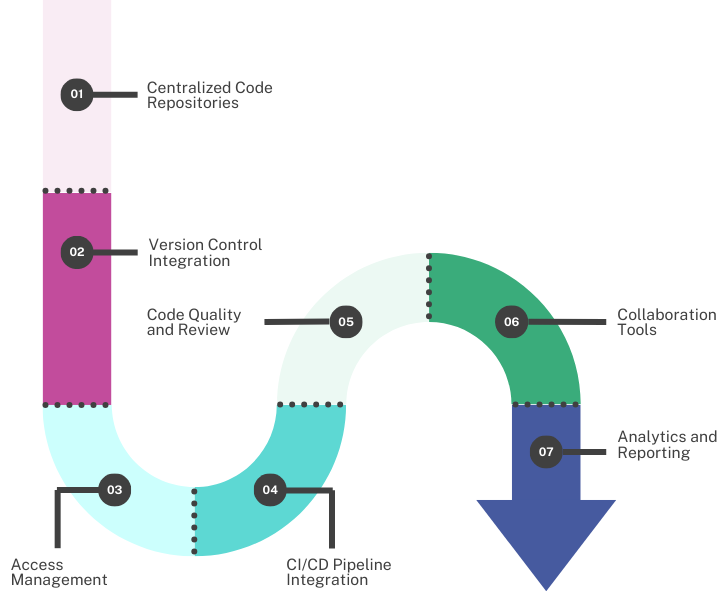
For more information on how AutomationFlow360 can enhance your development workflow, visit the Optimize Your Development with AutomationFlow360 page.
Conclusion
Enhancing software development workflows is essential for maintaining productivity and delivering high-quality software. By adopting agile methodologies, implementing CI/CD practices, leveraging DevOps, and using the right tools, teams can streamline their processes and achieve better outcomes.
Additional Resources
For more insights on software development and related practices, check out these articles:
- Top 10 Automated Testing Tools for 2024
- How to Set Up a Jenkins CI/CD Pipeline
- CI/CD Benefits in Software Development
- Understanding DevOps and Its Practices
- Streamline Your Development Pipeline with DevOpsFlow360.
For further information and official documentation:


